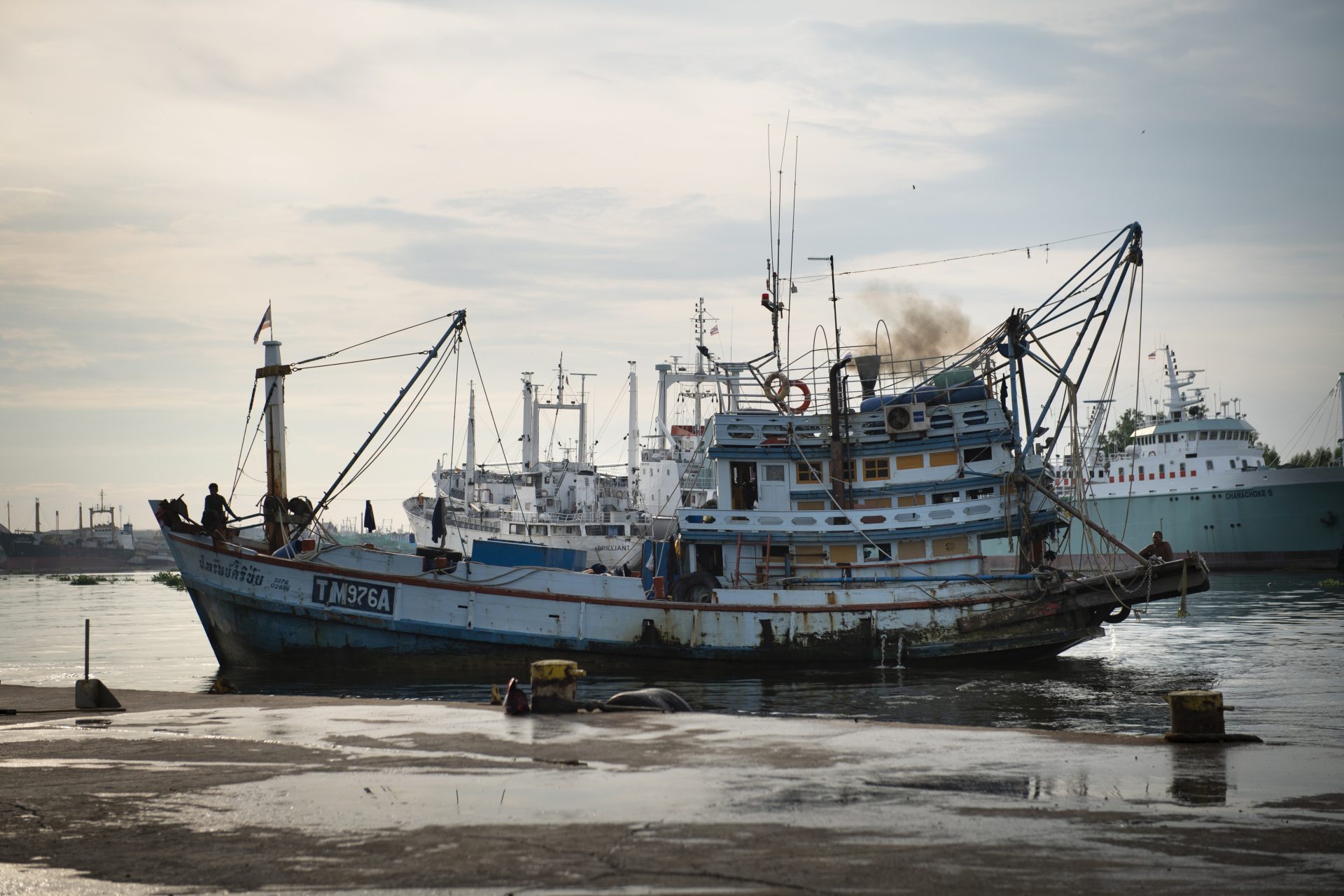The Thai Parliament is preparing to examine various legislative proposals that would lead to a substantial revision of the laws governing the fishing industry.
The fear of many is that the result could set the employment situation back for years in a sector where conditions of exploitation and violence towards the workforce, especially foreign ones, have been reported with more frequency and determination.
In this case, the repercussions on the country’s image, which has been under observation for some time, could also be significant.
The changes proposed so far to the 2015 law – despite the differences expressed by the various parties – tend to overcome a situation considered too restrictive and unfavorable for entrepreneurs and shipowners.
In fact, the liberalization of destructive fishing tools such as trawl nets, the return of the transshipment of fish between offshore vessels, wider meshes regarding the capture of protected marine species, and, finally, the reduction of the penalties provided for would-be envisaged. today for clandestine or irregular fishing.
For the latter, financial penalties could be reduced by as much as 98%, while prison would be completely eliminated.
The new rules, however, would not only put rare species or delicate marine ecosystems at risk; they would also bring many thousands of workers back to a condition of insecurity, once again exposing them to inhumane working conditions and throwing them back into the hands of human traffickers.
“All political parties agree that the penalties provided for by the current law are excessive. However, amending it does not mean canceling everything,” declared Woraphop Viriyaroj, parliamentarian of the opposition progressive Move Forward party and vice-president of the commission that deals with amendments to the Fishing Industry Law.
The current law was approved and promulgated after the military coup in May 2014, spurred by the risk that Thai fisheries, among the largest in Asia, would be banned by the European Union and other international markets.
Four years later, the law led to the cancellation of Thailand from the list of countries under observation which led to its inclusion in level 3 (the worst) in the list of countries involved in human trafficking.
Precisely the improvement of working conditions at sea had subsequently led Bangkok to rise to levels 2 and then 1 also in this second ranking.
It is difficult to understand the current moves without attributing them to the pressures of the oligopolies which influence a large part of the Thai economy and which politics cannot ignore.
The impression is that the aim is to use the sector as a buffer for declining industrial production and lower-than-expected revenues generated by tourism. However, the risk of repercussions is strong.
The Asian section of the Environmental Justice Foundation believes that the drastic changes under consideration could put 60% of fish exports worth $3.3 billion a year at risk of international sanctions.
